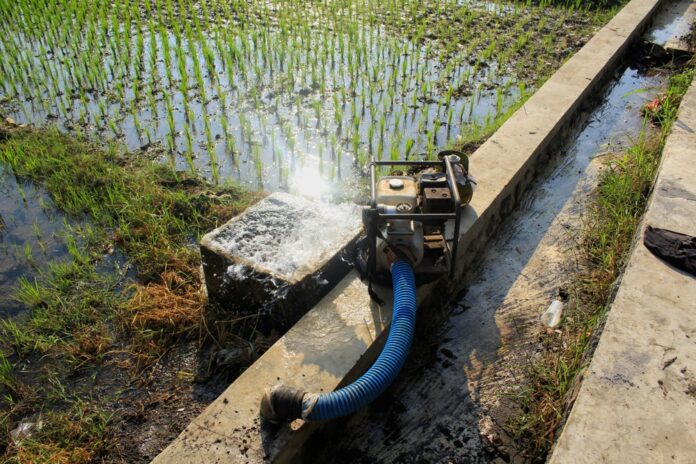The Philippine Rice Research Institute (PhilRice), together with Japan’s Sagri Co. Ltd. and the National Irrigation Administration (NIA), are piloting a smart agriculture program aimed at cutting methane emissions in rice farming. Set to begin in Burgos, Nueva Ecija, the program will test the Alternate Wetting and Drying (AWD) irrigation method against traditional continuous flooding to evaluate its impact on methane reduction.
Methane, a potent greenhouse gas, is a significant contributor to climate change. Through the collaboration, the initiative will employ satellite-based data, AI, and machine learning from Sagri to monitor and enhance water management in rice paddies, making the practice more eco-friendly and efficient. Additionally, the project will create carbon credit opportunities for farmers, allowing them to earn tradable certificates for reducing greenhouse gas emissions.
PhilRice, which will provide technical expertise, and NIA-UPRIIS, which will assist with irrigation scheduling and support farmer cooperators, will work with Sagri to analyze data and validate the effectiveness of AWD. The project is part of the Joint Credit Mechanism (JCM), which allows the Philippines to access international funding and technology to speed up the adoption of low-carbon farming methods.
This initiative offers a promising path to improve agricultural sustainability, reduce environmental impact, and create economic opportunities for local farmers.







